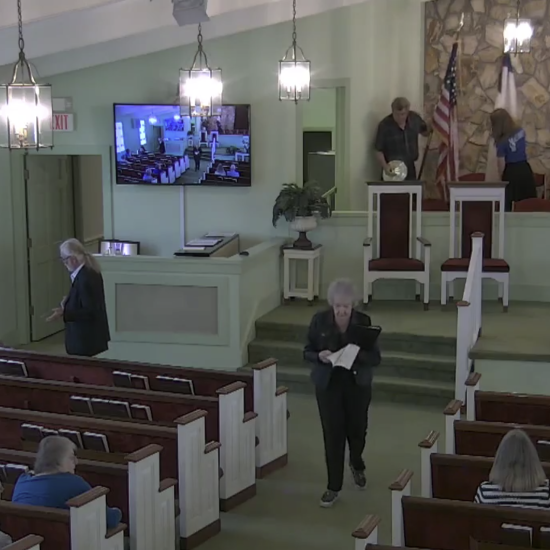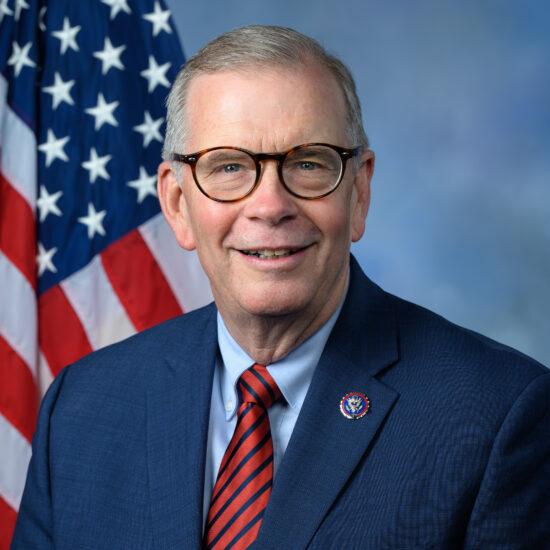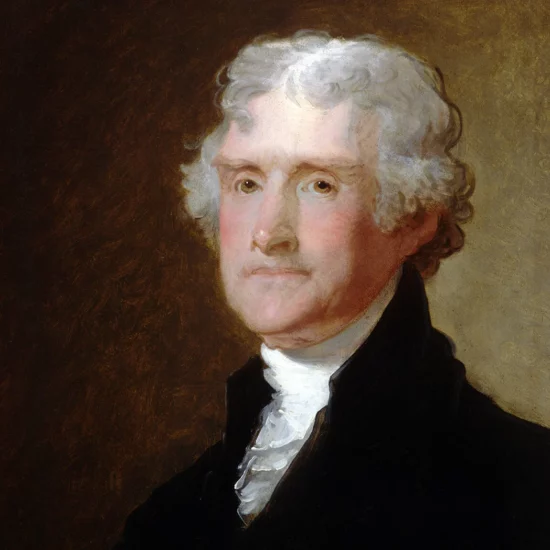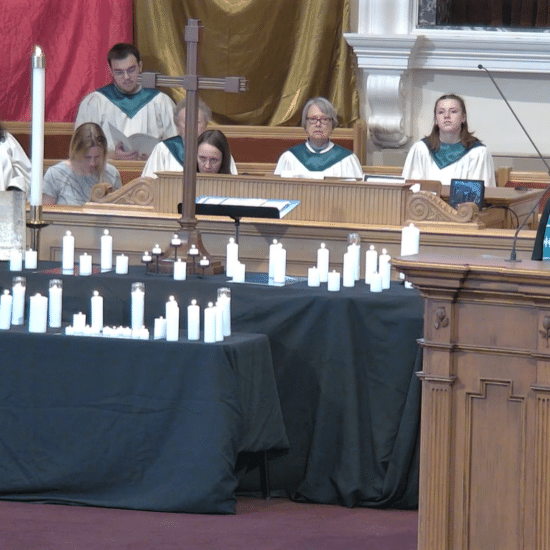By Robert Marus
Associated Baptist Press
Associated Baptist Press
WASHINGTON — Baptists’ signal contribution to American and world history and political thought, historians almost unanimously agree, is their uncompromising emphasis on religious liberty.
But, they hasten to add, the doctrine of soul freedom that grounds Baptists’ belief in religious liberty is the very reason Baptists of varying stripes have been found on both sides of subsequent political and social controversies.
“Baptists were among the first — if not the first — to say in English certainly by 1612 that God alone is judge of conscience, and therefore neither the government nor a religious establishment can judge the conscience of the heretic — the people who believe the wrong things — or the atheists — the people who don’t believe at all,” said Baptist historian Bill Leonard, dean of the Wake Forest University Divinity School.
Baptists, Leonard said, “are really among the inventors of modern religious pluralism. They step way beyond mere toleration of second-class religious ideas to call for a full-blown religious pluralism.”
But it wasn’t out of a belief that all religions are equal. From their earliest roots, Baptists “continued to assert the uniqueness of their vision of the truth of not only Christianity, but their particular vision of the gospel,” Leonard said. He noted that, for example, in theological debates early Baptists “fought the Quakers as readily as they did atheists.”
Nonetheless, in civil matters, Baptists “said everybody has the voice, and they said (neither) the state nor an official church can privilege a particular voice.”
Nonetheless, in civil matters, Baptists “said everybody has the voice, and they said (neither) the state nor an official church can privilege a particular voice.”
Historian Walter Shurden, retired director of the Center for Baptist Studies at Mercer University, said this belief in the primacy of the individual conscience is what animated early Baptists’ advocacy for religious freedom.
“The Baptist people did not accidentally stumble upon the idea of religious liberty after years of opposing the idea; they were born crying for freedom of expression,” he said, in a recent speech about 17th-century Baptist leader John Clarke.
Clarke co-founded Rhode Island and the Newport church that historians generally agree is the second-oldest Baptist congregation in the New World. He also helped secure, from the British crown, a charter for the colony that was the first governing document in the Western world to enshrine thoroughgoing religious freedom.
The idea of religious freedom and civil respect for multiple faiths and those of no faith at all was far more radical in the 17th century than it might seem to modern ears.
“There’s one sense in which (early Baptists) participate in the breakup of the medieval conception of a Christian society, where to be born into a Christian state is to be automatically baptized into a Christian church — and deviation from that is both heresy and treason,” Leonard said.
“There’s one sense in which (early Baptists) participate in the breakup of the medieval conception of a Christian society, where to be born into a Christian state is to be automatically baptized into a Christian church — and deviation from that is both heresy and treason,” Leonard said.
Baptists’ emphasis on the church being made up only of adult believers who have made an unforced decision to follow Christ on their own — and on no civil authority interposing itself between the individual and God — lent itself to safeguarding religious freedom for all.
Additionally, it lent itself to separating the realm of civil authority from the realm of religious authority — the concept of church-state separation.
And, the historians said, the accompanying Baptist emphasis on individual and communal interpretation of Scripture required separation of civil and religious authority, and encouraged the growth of democratic ideals in the New World.
“If conscience is essential, then dissent is not far behind, because there are always those politically or religiously who want to dominate the landscape, be privileged and control voices,” Leonard said. “And so at least early Baptists saw (the concepts of) a believers’ church, conscience and dissent as very closely related — inseparable, because one must always be vigilant.”
Early Baptists not only secured religious freedom in the Rhode Island charter, but fought — alongside a coalition of Quakers, atheists, agnostics and other freethinkers — to enshrine it in the Bill of Rights.
Beyond that, “We participated in and contributed to the ‘democratization’ — the rights of the common folk to read the Bible, choose their own leaders, etc. — of American religion and American society in general,” said Baylor University professor Doug Weaver.
“Baptists were actually practicing some democratic principles in Baptist polity and worship — individual conscience, democratic congregationalism and local-church independence, prophesying by lay members of the congregation — before the tidal wave of the (democratization) of American life after the American Revolution.”
But, Weaver and Leonard added, Baptists’ emphasis on individual freedom and autonomy often led their descendants to be found on both sides of major political and social issues, depending on how they read Scripture.
For instance, Baptists were prominent on both sides of the slavery debate in the United States in the 19th century, as well as the 20th-century debate over segregation.
“We have contributed to American society in ways that we clearly wish we hadn’t,” Weaver said. “We have demonstrated, as much as any other religious group, the ability to be captive to our culture. Southern values, for example, in the areas of slavery and Jim Crow segregation defined and shaped the biblicist readings of the Bible in ways we find painfully obvious today but in earlier decades were considered biblically and patriotically faithful.”
With additional reporting by Baptist Standard’s Ken Camp






